The international medical community has just received news that has sparked hope in millions of people: Russia has announced the development and initial approval of a personalized cancer vaccine that could mark a turning point in the fight against this disease. Most surprisingly, the Russian government has stated that this treatment will be free in the future, opening up the possibility of more equitable access to state-of-the-art cancer therapies.
A new way to fight cancer
Unlike traditional vaccines that seek to prevent disease, this vaccine has a therapeutic approach, meaning it is intended for people who have already been diagnosed with some form of cancer. Its mission is clear: to destroy malignant cells without damaging healthy tissue and to strengthen the patient’s immune system so that it can fight tumors on its own.
The most advanced project to date is called EnteroMix, developed at the Russian National Medical Research Center for Radiology. This formula combines four genetically modified non-pathogenic viruses that directly attack tumors and activate the body’s defenses. In preclinical laboratory trials, EnteroMix slowed or reduced tumor growth by 60% to 80% in cases of colorectal cancer, showing enormous potential.
Personalized and high-tech
One of the most innovative aspects of this vaccine is that it is customized for each patient, using artificial intelligence to analyze the tumor’s genetic information. Currently, this process takes about a month, although researchers are working to shorten these times and be able to treat more people in less time.
At the same time, other Russian scientific centers, such as the Gamaleya Institute, have announced similar vaccines based on messenger RNA (mRNA) technology—the same used in some COVID-19 vaccines—and neoantigens (unique characteristics of each tumor). This technology allows the immune system to be trained to recognize and accurately attack cancer cells without causing severe side effects.

On the way to the first clinical trials
Russian authorities have already authorized the start of the first clinical trials in humans, beginning with patients suffering from colorectal cancer, melanoma (skin cancer), and glioblastoma (one of the most aggressive brain tumors). Some of these trials involve patients who have already exhausted all available conventional treatments.
According to Daniel Alonso, an Argentine researcher at CONICET and specialist in molecular oncology, “this platform could be adapted to different types of cancer, although we still need to see the clinical results in humans to confirm its safety and efficacy.”
Will it really be free?
One of the most striking announcements is that, according to the Russian government, this vaccine could eventually be free for the population, which would represent a historic milestone in the accessibility of cancer treatments. Currently, the estimated cost per dose is around 300,000 rubles (about $3,700), but authorities plan to subsidize the treatment to ensure its universal availability once its effectiveness has been proven.
For now, its application will be limited to a small number of patients selected under special conditions, as it is a highly personalized treatment that is complex to manufacture.
A ray of hope for the future
The Russian announcement has generated both enthusiasm and caution in the international scientific community. Experts agree that more data still needs to be collected to confirm that the vaccine is safe, effective, and viable on a large scale. However, there is no doubt that this type of development represents a revolution in how we might treat cancer in the future.
With cancer currently the leading cause of death worldwide—more than 10 million deaths per year, according to the WHO—initiatives such as this offer a ray of hope. If its effectiveness is confirmed, Russia could have taken the first major step toward an era in which cancer is no longer a death sentence but a treatable disease.




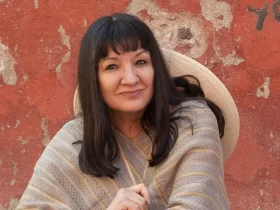

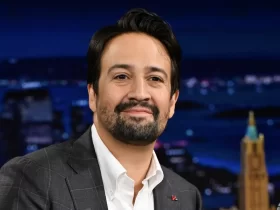
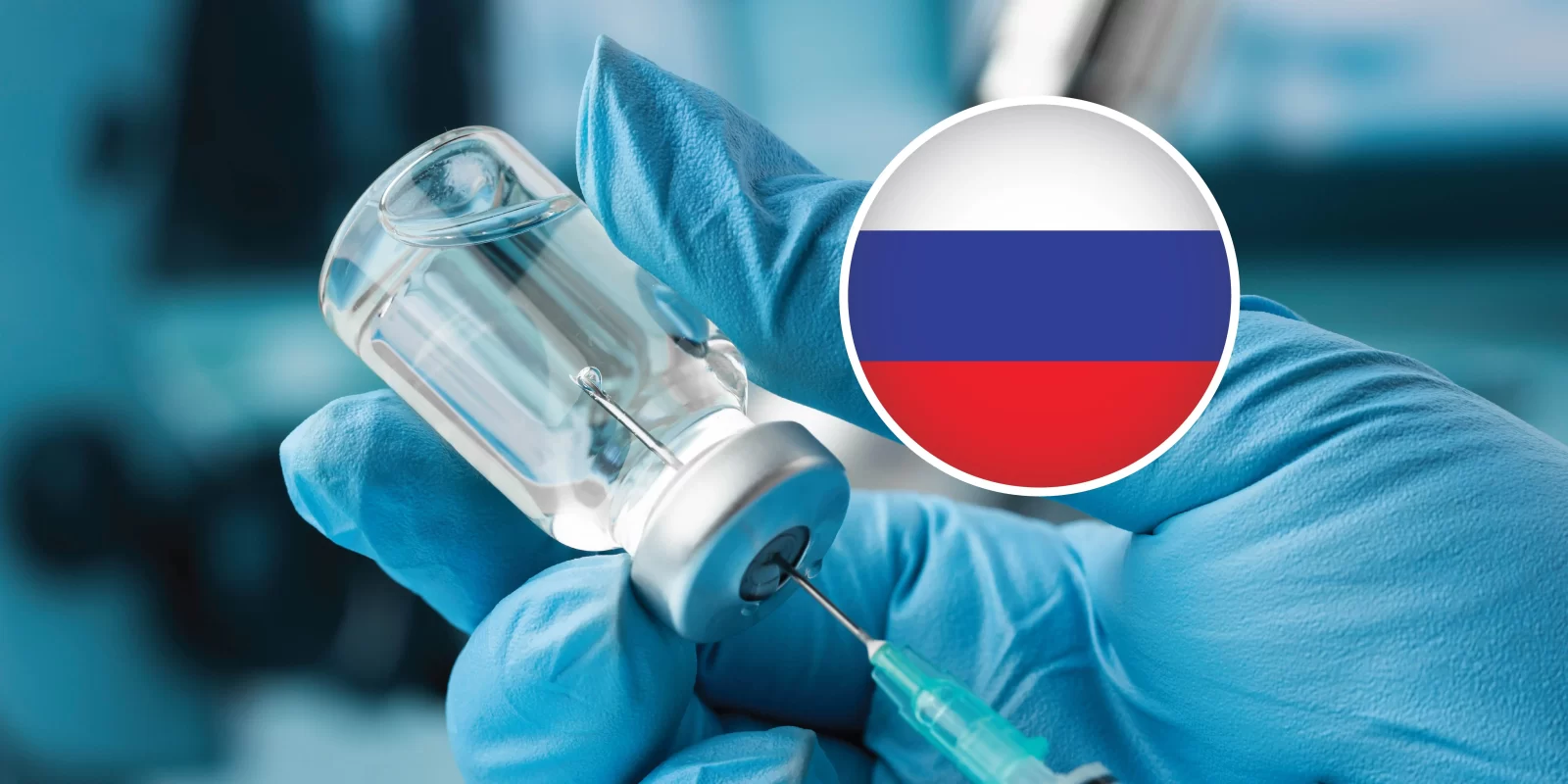










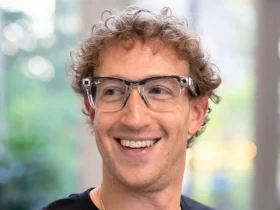
















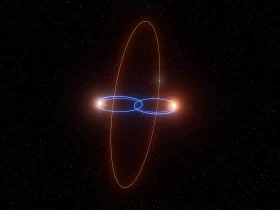

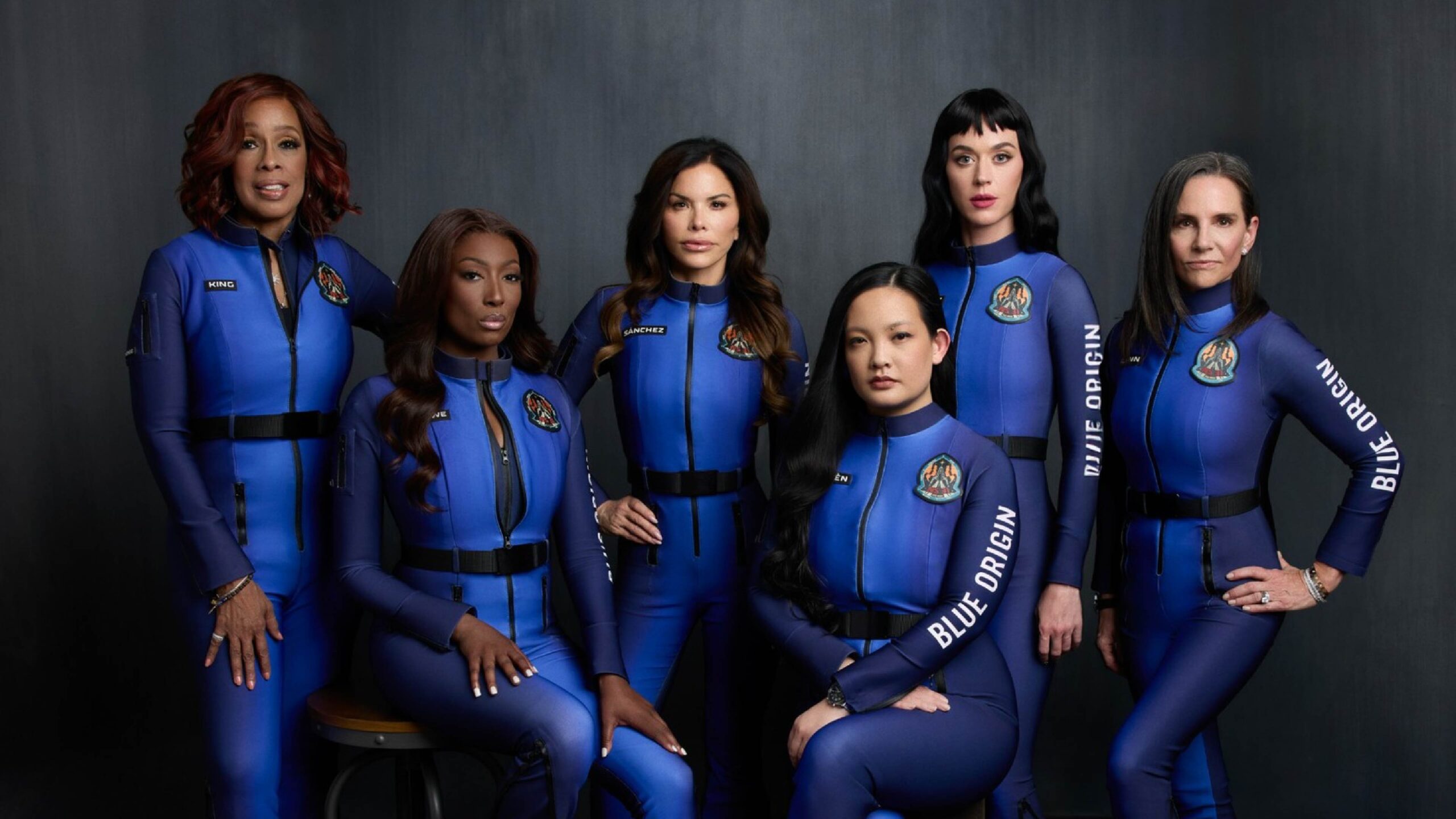
Leave a Reply